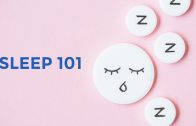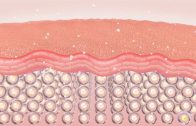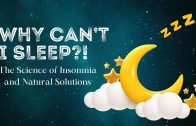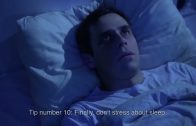Sleep loss increases pain
When we’re in pain, we have a hard time sleeping. But how does poor sleep affect pain? For the first time, scientists at the University of California, Berkeley, have answered that question by identifying neural glitches in the sleep-deprived brain that can intensify and prolong the agony of sickness and injury.
Their findings, to be published Jan. 28 in the Journal of Neuroscience, help explain the self-perpetuating cycles contributing to the overlapping global epidemics of sleep loss, chronic pain and even opioid addiction. A 2015 National Sleep Foundation poll found that two in three chronic pain patients suffer from reoccurring sleep disruptions.
“If poor sleep intensifies our sensitivity to pain, as this study demonstrates, then sleep must be placed much closer to the center of patient care, especially in hospital wards,” said study senior author Matthew Walker, a UC Berkeley professor of neuroscience and psychology.
By applying uncomfortable levels of heat to the legs of two dozen healthy young adults – while scanning their brains – Walker and UC Berkeley Ph.D. student Adam Krause found that the neural mechanisms that pick up on pain signals, evaluate them and activate natural pain relief are disrupted when operating on insufficient sleep.
While researchers proved their hypothesis that sleep deprivation would increase pain sensitivity – as demonstrated by an amped-up response in the brain’s somatosensory cortex – what surprised them was ramped-down activity in the nucleus accumbens, a region of the brain’s reward circuitry that, among other functions, increases dopamine levels to relieve pain.
“Sleep loss not only amplifies the pain-sensing regions in the brain, but blocks the natural analgesia centers, too,” Walker said.
To read the full story, visit: https://news.berkeley.edu/2019/01/28/sleep-pain-connection/
Video by Roxanne Makasdjian and Stephen McNally
http://www.facebook.com/UCBerkeley
Tweets by UCBerkeley
http://instagram.com/ucberkeleyofficial


























